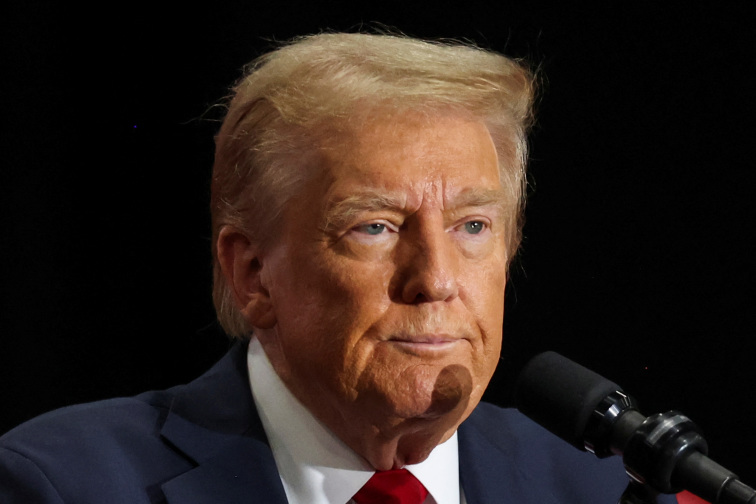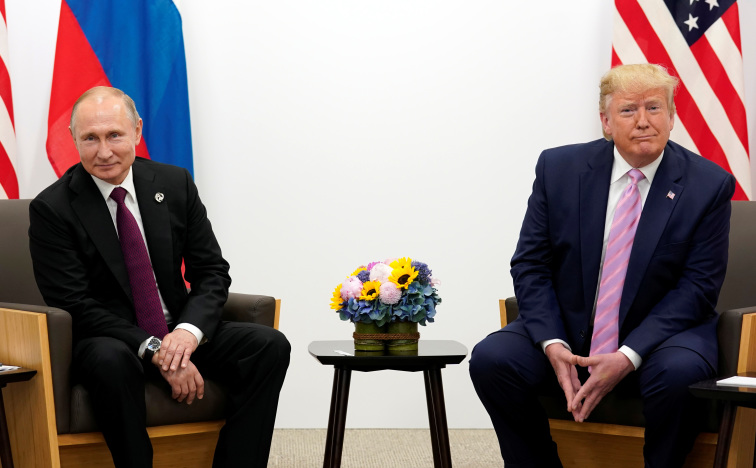People News - Under the rule of the Chinese Communist Party (CCP), public discontent and hostility continue to surge. Despite massive investments in stability maintenance, surveillance, and monitoring, with vast networks of grassroots personnel and facilities extending into homes, companies, and government offices, incidents of citizens killing officials persist, even occurring in official workplaces.
News emerged today from within China that Miao Mouxi, the director of the Linchi Market Regulatory Office in Zouping City, Shandong Province, was killed on the morning of July 18 inside the city regulatory office hall. Miao’s family reported that on the day of the incident, "Miao had gone to the Zouping City Market Regulatory Bureau to report to his superiors. There were two or three security guards in the hall, but despite this, Miao was stabbed in front of everyone and died after attempts to save him at the hospital failed."
A medical report from the hospital indicated: "Diagnosis: 1. Cardiorespiratory arrest. 2. Stab wounds to the chest and abdomen."
According to Miao's family, the suspect, Wang Mouqing, had previous interactions with Miao. Miao had reportedly promised to give Wang 2,000 yuan, and Wang came to demand the money, claiming there had been a financial dispute between the two. Wang allegedly threatened, "Either you give me the money, or it’s either your life or mine." Wang had been harassing Miao for some time.
When mainland media reporters contacted the Linchi Market Supervision and Regulation Office to inquire about the case, staff responded that it was inconvenient to disclose details. Local government staff indicated that the regulatory office is a dual-management unit, and the matter was not under their jurisdiction. Officials from the higher-level market regulatory bureau said the case was being handled by a designated department, and due to privacy concerns, they could not reveal specifics. Zouping City Public Security Bureau staff declined to respond.
Strangely, this incident occurred two months ago, yet it only became known because Miao’s family posted about it online. Why did the authorities not release the information earlier? Why has there been no progress update on the case, prompting the official’s family to risk speaking out publicly?
Du Wen, a Chinese legal scholar living in Europe, recently revealed details about internal public security protocols regarding cases of citizens killing officials. According to Du, state media are instructed to focus on positive reporting, promoting "positive energy." The CCP avoids publicizing cases of citizens killing officials to prevent public questioning of the government’s legitimacy or triggering a chain reaction that could lead to social unrest. "The Ministry of Public Security has an internal system called ‘supervised cases,’ which includes many unsolved crimes against party officials. The authorities do not make these cases public."
Just a month ago, in mid-September, Liu Wenjie, Director of the Hunan Provincial Department of Finance, was thrown to his death from the 13th floor of his residence by two men, Jiang Yihui and Jiang Hui. Notably, Jiang Yihui was a local business owner, a member of the Political Consultative Conference, and a representative of the People's Congress.
Additionally, in early September, the Xi’an City Police in Shaanxi Province issued a wanted notice, revealing that Vice Mayor Wang Hongbing and 11 members of his family were killed by five ex-soldiers. Around the same time, other reports of citizens killing officials surfaced: a man in Changchun, Jilin Province, "seized a gun and killed a police officer"; a former village secretary was stabbed to death; and in Taiyuan, Shanxi Province, a veteran, angered by the forced demolition of his home, killed a county party secretary and the head of the demolition office and their families.
To date, none of these cases have seen further developments.
Many people believe that Chinese citizens are too passive and would not resist the CCP, even in the face of starvation. However, over the years, acts of defiance and rights defense have periodically erupted when people are pushed to the edge. Given that surveillance cameras are everywhere in China, and that police arrive within minutes when anti-CCP slogans are posted in public places, how is it possible that officials are being murdered inside residential or office buildings, yet the cases remain unsolved?
Du Wen also noted that with the worsening economy and intensifying social conflicts, hatred and violence against officials will continue to escalate. Chinese dissident Wang Dan predicted that violent incidents in mainland China will only increase in the future. He explained, "If deep-rooted social problems such as wealth inequality, official corruption, and the lack of social fairness remain unresolved for a long time, and the economy faces major issues, public discontent will continue to accumulate, and violent acts will become an inevitable social phenomenon. China does not lack people willing to rise up against the regime, and eventually, this will threaten the CCP’s rule."
Li Hongkuan, editor of Big Reference, previously analyzed that China’s economy is currently in a state of depression and collapse, fundamentally altering the daily lives of many people. With countless individuals unable to find ways to earn a living, those with poor mental resilience may resort to extreme measures.
Observers have pointed out that in a society ruled by the atheistic CCP, where hedonism prevails, stability maintenance is prioritized above all else, and public demands are not allowed to be voiced, the lessons the public has learned from the CCP are that deception, corruption, and violence lead to success. As the economy continues to decline, with massive unemployment and a lack of faith and compassion in society, creating a hostile environment where everyone is pitted against each other, this kind of despotic and evil system is bound to face backlash. Once the façade of the CCP’s so-called "great, glorious, and correct" leadership is torn down and the public realizes the truth, the resulting hatred will be unstoppable. No matter how advanced the infrastructure (high-speed railways, skyscrapers) or how dazzling the superficial prosperity may be, it cannot hide the deep societal problems: spiritual emptiness, loss of faith, cultural decay, and widespread public anger. When that time comes, the CCP’s reliance on old tactics of suppression, fear, and violence will no longer be enough to maintain its grip on power.








News magazine bootstrap themes!
I like this themes, fast loading and look profesional
Thank you Carlos!
You're welcome!
Please support me with give positive rating!
Yes Sure!